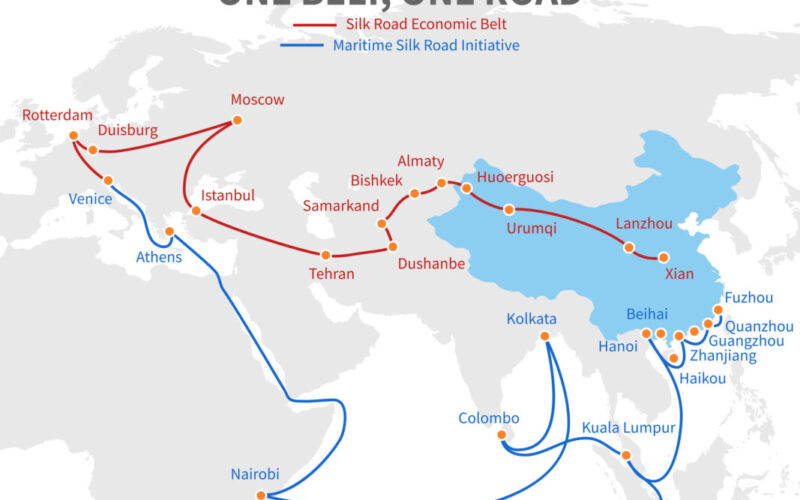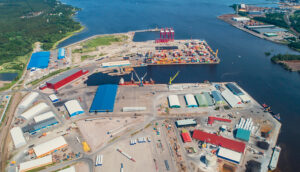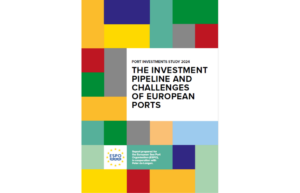Italy is gearing up to back out of its participation in Chinese President Xi Jinping’s flagship Belt and Road Initiative (BRI) by the end of the year.
In 2013, Xi Jinping unveiled the blueprint for the 21st Century Maritime Silk Road during the Association of Southeast Asian Nations (ASEAN) summit in Indonesia.
With around 150 countries signed on to the initiative, including Italy, China has planned to build a $1.4 trillion network of modern trading routes, according to CNBC News.
The BRI is expected to grow Beijing’s economic international position and expand its political footprint worldwide.
Perceived by critics as a tool for foreign policy, however, Italian Defense Minister, Guido Crosetto, stated that the deal Italy signed in 2019 was “an improvised and atrocious act”.
READ: MSC reinstates China-North Europe trade connections
Since the deal’s onset between the two countries, the Italian government said it has had substantially more to give than it has received from the somewhat unilaterally beneficial deal with China, reported CNBC.
According to the government’s data, Chinese exports to Italy have experienced a notable increase of 51 per cent while Italy’s exports to China have grown at almost half the rate at 26 per cent. “We exported a load of oranges to China, they tripled exports to Italy in three years,” said Crosetto.
Following a meeting at the White House with US President Joe Biden on 27 July, Italian Prime Minister, Giorgia Meloni, revealed that her government is currently in the process of considering the BRI, according to Reuters.
She further disclosed plans for an upcoming visit to Beijing in the near future. “We’ll take a decision before December,” Meloni told US broadcaster Fox News.
A spokesperson for the Chinese Foreign Ministry rebutted these remarks from Italy’s Defence Minister in a statement on 4 August, claiming that the BRI “unleashed great enthusiasm and potential for bilateral cooperation.”
READ: AAPA denies Chinese security threats at ports
The spokesperson added that some political actors had “launched malicious hype and politicised the cultural exchange and trade cooperation between China and Italy under the Belt and Road framework in a bid to disrupt cooperation and create division.”
The ambitious initiative sought to open global roads and shipping routes connecting Asia to Europe, with Venetian, Marco Polo’s silk road expedition as its inspiration.
The BRI outlines bold plans for the development of new infrastructure, including ports, roads, high-speed rail networks, power generation facilities, pipelines, airports, and telecommunications connections.
These projects are designed to enhance trade and connectivity between China and a vast network of 60 countries spanning Asia, Europe, the Middle East, and North Africa.
READ: Three dead following container explosion in Italy
According to Chas Freeman, a former US Assistant Defense Secretary, the BRI has the potential to become the most revolutionary and impactful engineering endeavour for trade, reported CNBC News.
He stressed that the countries signed on to the initiative collectively represent approximately 55 per cent of the global economic output, encompass around 70 per cent of the global population, and are believed to possess about 75 per cent of the world’s known energy reserves.
To facilitate the expansive maritime trade routes, China planned to make significant investments in the development of ports across the Indian Ocean region, from Southeast Asia, extending all the way to East Africa and certain regions of Europe.









